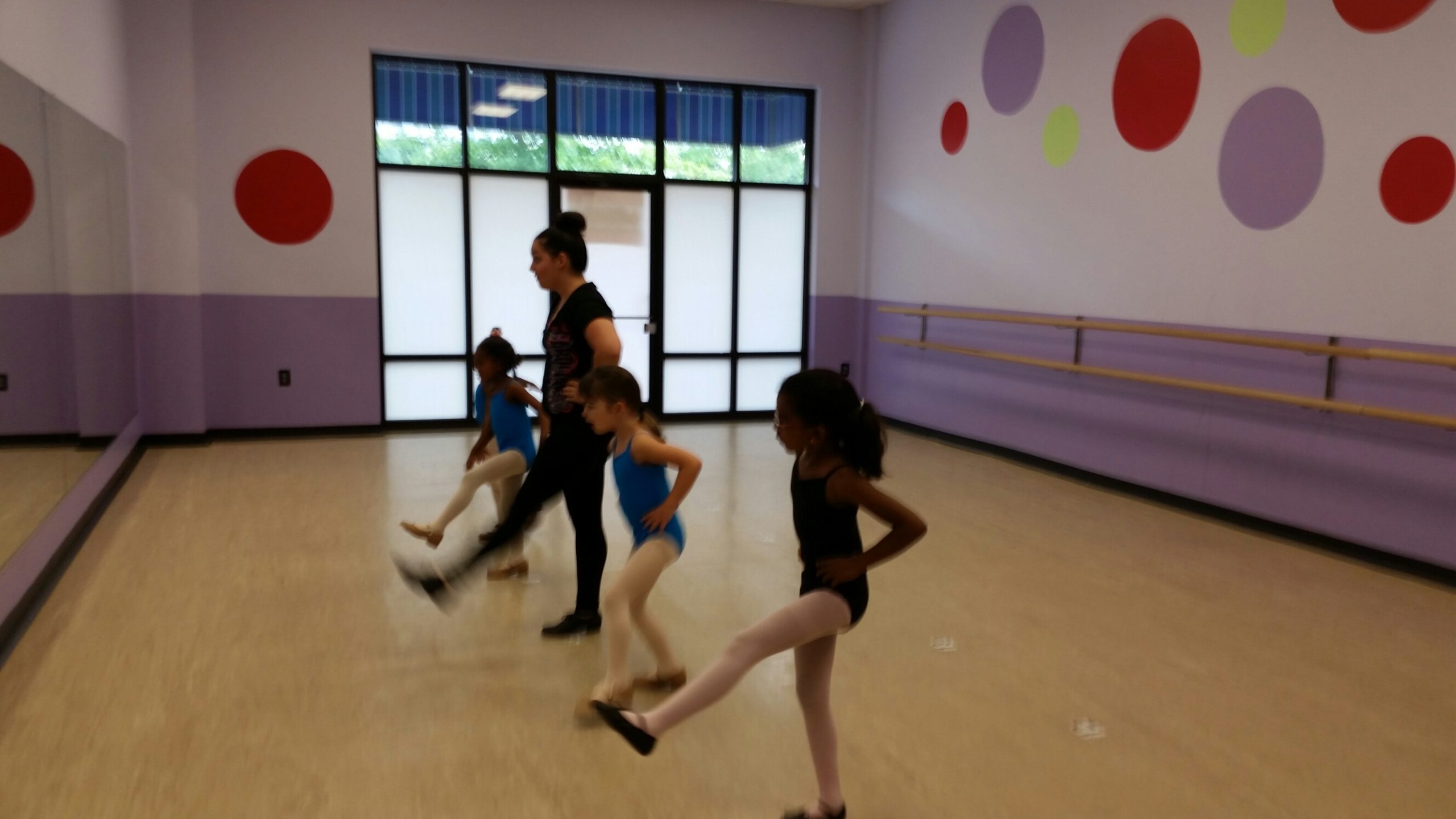The Heartbeat of Movement: Exploring Dance Studios
Dance studios are more than just spaces for learning steps; they are vibrant hubs of creativity, expression, and community. Whether you’re a seasoned dancer or a curious beginner, understanding what a dance studio offers can enrich your experience.
The Importance of Dance Studios
- Skill Development: Dance studios provide structured environments where students can learn various styles, from ballet to hip-hop. Experienced instructors guide dancers through technique, helping them improve and refine their skills.
- Community Building: Dance studios foster a sense of belonging. Students often form lasting friendships with peers who share similar interests, creating a supportive community that enhances the overall dance experience.
- Performance Opportunities: Many studios host recitals, competitions, and showcases, giving dancers a chance to perform. These experiences build confidence and stage presence, crucial skills for any performer.
- Physical and Mental Benefits: Dancing is an excellent way to improve physical fitness, flexibility, and coordination. It also serves as a creative outlet, promoting mental well-being and self-expression.
Types of Dance Studios
- Specialty Studios: These focus on specific dance styles, such as ballet, jazz, or contemporary. They often have specialized instructors with extensive training in their respective genres.
- Multi-Disciplinary Studios: Offering a wide range of classes, these studios cater to different dance styles and age groups, making them suitable for families or those looking to explore various forms of dance.
- Commercial Studios: These typically emphasize performance and competition, providing rigorous training for students aiming to pursue dance professionally.
- Community Centers: Often more affordable, these studios focus on providing access to dance for everyone, regardless of skill level or background.
Choosing the Right Dance Studio
When selecting a dance studio, consider the following:
- Location: Proximity can influence your commitment. A conveniently located studio makes it easier to attend classes regularly.
- Instructor Qualifications: Research the instructors’ backgrounds. Experienced teachers can provide invaluable insights and training.
- Class Size: Smaller classes often allow for more personalized attention, while larger classes can offer diverse learning experiences.
- Facilities: Check the studio’s amenities, such as mirrors, flooring, and sound systems, to ensure they meet your needs.
- Class Offerings: Look for studios that offer classes aligned with your interests, whether you’re looking for recreational dance or serious training.
- Trial Classes: Many studios offer trial classes or open houses, providing a great opportunity to experience the studio’s atmosphere and teaching style before committing.
Conclusion
Dance studios play a crucial role in nurturing talent and passion for dance. They are places where individuals can grow, connect, and express themselves through movement. By choosing the right studio, dancers can embark on a fulfilling journey that enhances both their physical abilities and emotional well-being.
Feel free to let me know if you need more specific information or a different angle!



